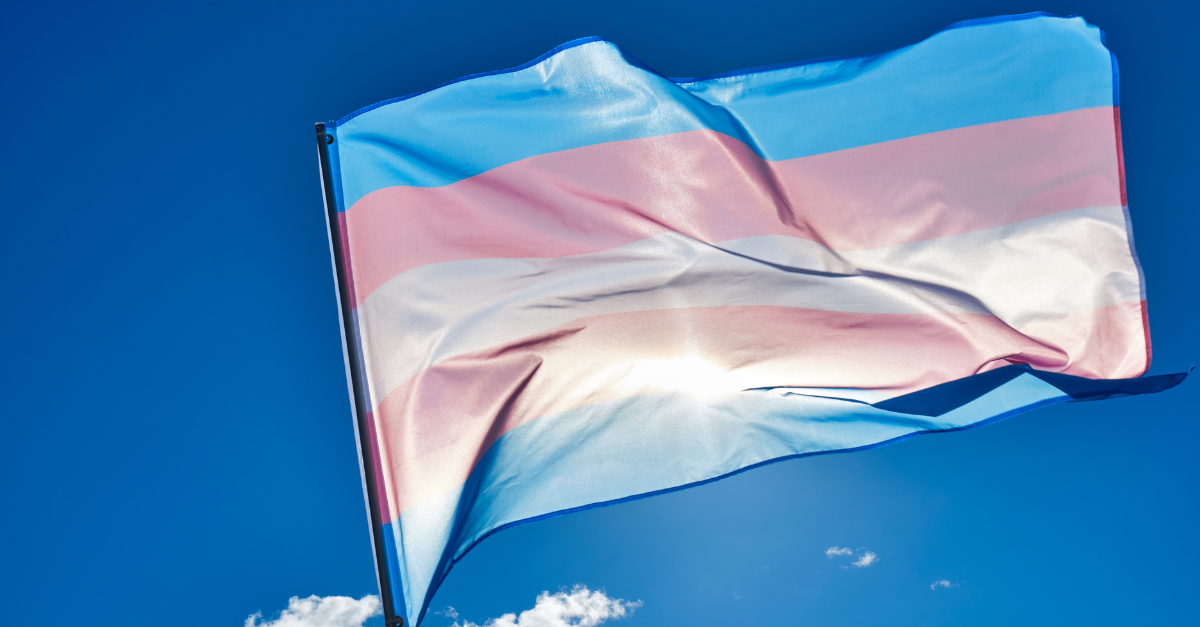NAWL Joins NWLC Equal Pay Amicus Brief
September 30, 2022 -- NAWL joined the National Women’s Law Center (NWLC), alongside law firm partner the Federal Practice Group and 45 additional organizations, in filing an amicus brief to the U.S. Court of Appeals for the Federal Circuit in Boyer v. U.S. in support of Dr. Leslie Boyer and her pay discrimination claim under the Equal Pay Act.
The Case
As a clinical pharmacist, Dr. Boyer had seven more years of experience than her male colleague. And yet their workplace—a medical center at the Department of Veterans Affairs (the “Agency”)—was somehow still paying her less. Even though the two pharmacists were hired only six months apart, the Agency appointed Dr. Boyer and her male colleague at significantly different “step” levels, which meant Dr. Boyer was paid $10,000 less than her less-experienced male colleague. The Agency admits that it did not provide Dr. Boyer equal pay for equal work, but claims this is okay because it based the workers’ pay on their previous salaries.
Dr. Boyer lives and works in Alabama and first filed her lawsuit against the Agency in federal district court there. The court initially ruled in favor of Dr. Boyer, determining that reliance on prior salary history was not a legitimate defense to discrimination under the Equal Pay Act. However, it then decided to transfer the case to the Court of Federal Claims, a separate court that hears some cases brought by federal workers, and vacated its previous decision. The Court of Federal Claims dismissed Dr. Boyer’s lawsuit, finding that the Agency could rely on salary history to defend against sex-based pay inequality under the Equal Pay Act. Dr. Boyer then appealed to the U.S. Court of Appeals for the Federal Circuit, asking the appeals court to revive her lawsuit and allow her equal pay claim to proceed.
Our Brief
NWLC’s amicus brief explains that reliance on salary history is not a legitimate justification for pay discrimination under the Equal Pay Act. That’s because women—and particularly women of color—are systematically paid less than men across occupations and industries. Therefore, employers who rely on salary history to select job applicants and to set new hires’ pay will often perpetuate existing disparities, directly undermining the purpose of the Equal Pay Act.
As we explain in our brief, the gender wage gap continues to exist, at least in part, because of employers’ reliance on factors unrelated to job qualifications, like salary history, to set employee pay. In 2021, women working full time, year-round were paid just 84 cents for every dollar paid to men, and the disparities are even larger for women of color. For Black women working full time, the wage gap causes a staggering loss of $907,680 over a 40-year career. LGBTQ workers, disabled workers, older workers, and those at the intersection of these identities are also particularly harmed by the wage gap. These substantial losses threaten women’s economic security, impacting their ability to make ends meet, provide for their families, access education, or save for retirement.
The federal government employs millions of people… and should be a model employer. Right now, it claims to be one. However, it has yet to live up to that expectation, or set a higher standard—of greater equality—for our nation’s workforce. It is imperative that government agencies implement and follow existing policies that lead to greater pay equity, instead of setting pay based on factors that tend to perpetuate historical sex, race, and other forms of pay discrimination. Notably, several other federal appeals courts, numerous states and cities, and the U.S. Equal Employment Opportunity Commission (EEOC) have all recognized the ways that reliance on salary history reflects and perpetuates women’s lower pay in the broader economy and cannot justify pay discrimination under the Equal Pay Act.
For all these reasons, we ask the appeals court to rule in favor of Dr. Boyer and the millions of federal workers who are affected by the wage gap—so that more women finally get paid what they are owed.





